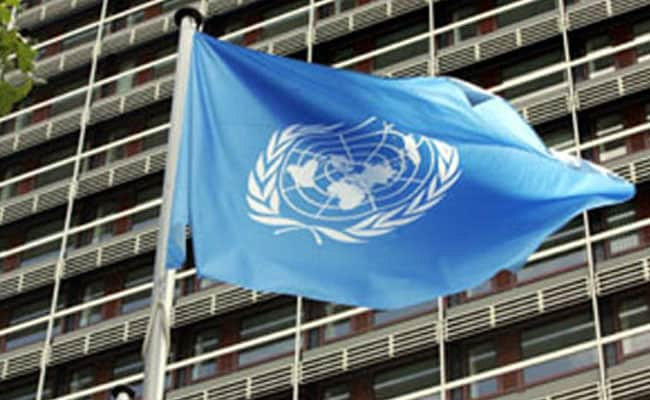
Any country sponsoring terrorism should not be allowed to paint itself as a victim of terror, India's Permanent Representative to the UN Ambassador T S Tirumurti has said, underlining that the global body must enhance sustained action against perpetrators and states that sponsor terror, especially cross-border terrorism, in a veiled reference to Pakistan.
The UN held a virtual commemoration of the 3rd International Day of Remembrance of and Tribute to the Victims of Terrorism, a day established by the General Assembly to be marked annually on August 21 to honour and support the victims and survivors of terrorism and to promote and protect the full enjoyment of their human rights and fundamental freedoms.
"Let's not allow any State sponsoring terrorism paint itself as its victim. The UN needs to enhance sustained action against perpetrators of terror and against States sponsoring terror, especially cross-border terrorism," Mr Tirumurti said in a tweet on Friday.
@MEAIndia @IndiaUNNewYork @UN_OCT Let is not allow any State sponsoring terrorism paint itself as its victim. The UN needs to enhance sustained action against perpetrators of terror and against States sponsoring terror, especially cross-border terrorism.
- PR UN Tirumurti (@ambtstirumurti) August 21, 2020
India's Permanent Mission to the UN tweeted that on this International Day, "we remember the victims of terror, and also remember that the perpetrators of terror continue to enjoy State patronage with impunity from across our border."
Accompanying the Indian Mission's tweet was an over three-minute video on the devastating attacks carried out across India by Pakistan-based terrorist groups - the deadly 1993 Mumbai blasts, the 2001 Parliament attack, 2002 Akshardham Temple attack, 2008 Mumbai attacks, 2016 Uri attack and the 2019 Pulwama attack.
The video begins with the footage of the 26/11 Mumbai attacks and has audio of the handlers from Pakistan providing instructions to the Lashkar e-Tayyiba (LeT) terrorists carrying out the three-day attack on some of Mumbai''s most prominent addresses, including the Taj Hotel.
The commemoration of the day included an interactive discussion with a panel of survivors of terror attacks and victims' associations on the impact of terrorism on their lives and how the COVID-19 pandemic has affected the ability to honour and commemorate victims and survivors of terrorism.
Speaking at the virtual panel from India was Nidhi Chaphekar, survivor of the March 2016 bombing at Brussels airport and subway that killed 31 people and wounded 270. A photograph of Chaphekar, who was then a flight attendant with Jet Airways, had become one of the most haunting and impactful images of the terror attacks.
Ms Chaphekar said the blast had left her extensively injured and she is still bearing the consequences of it. "I fought between life and death," she said, adding that she was in an induced coma for 23 days.
UN Secretary General Antonio Guterres said the UN stands in solidarity with the families who have lost loved ones, the wounded survivors, and those whose lives have been forever changed by acts of terrorism.
Amid the COVID-19 pandemic, vital services for victims, such as criminal justice processes and psychological support, have been interrupted, delayed or ended while governments focus attention and resources on fighting the pandemic, he said.
Mr Guterres stressed that victims should remind the international community every day of the importance of global counter-terrorism efforts.
"Let us put in place measures that uphold their rights to justice, protection, support and rehabilitation, so they can rebuild their lives. Let us do everything in our power to prevent terrorist attacks and demand that those responsible are held accountable."
Track Latest News Live on NDTV.com and get news updates from India and around the world

